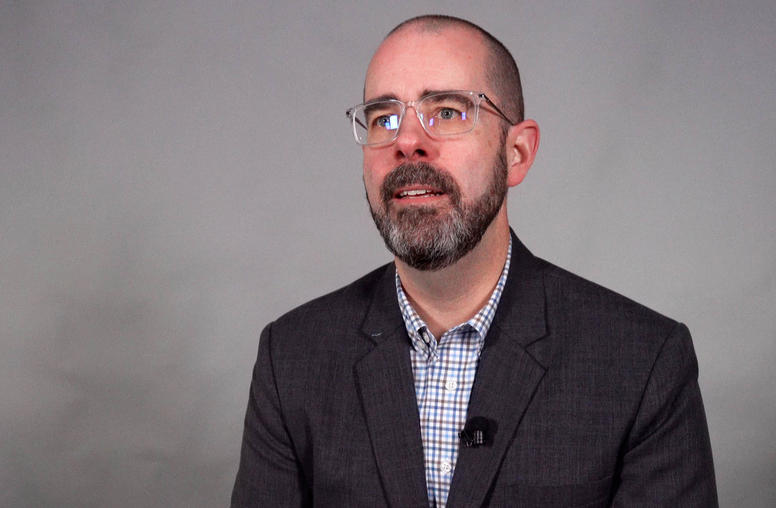Islamic Extremists: How do They Mobilize Support?
 Image on left: A Palestinian masked activist of the Hamas Islamic militant group waves a Hamas flag during a protest against Israel at Jabliya refugee camp. On April 17, an Institute Current Issues Briefing will discuss how extremists groups mobilize support. (AP Photo/Marco di Lauro)
Image on left: A Palestinian masked activist of the Hamas Islamic militant group waves a Hamas flag during a protest against Israel at Jabliya refugee camp. On April 17, an Institute Current Issues Briefing will discuss how extremists groups mobilize support. (AP Photo/Marco di Lauro)
Extremists in South Asia and the Middle East increasingly exploit religion to justify political violence and terrorism. Moderated by Middle East expert Judy Barsalou, a special panel of experts will address such questions as:
- How do jihadi groups in Indonesia and Pakistan use Islam to mobilize support?
- What strategies have Hamas, Hezbollah, and Islamic Jihad used to attract, retain, and deploy recruits in the West Bank, Gaza, Egypt, and Lebanon?
- What are the durable factors that give rise to political violence and terrorism in Pakistan, and what role do educational systems and the press play?
This presentation will be on Wednesday (starting at 10:00 AM EDT) and include questions from the floor.
Speakers
- Jessica Eve Stern
Lecturer, Kennedy School of Government, Harvard University - Muhammad Y. Muslih
Associate Professor, C. W. Post College, Long Island University - Mustapha Kamal Pasha
Associate Professor, School of International Service, American University - Judy Barsalou
Director, Grant Program, U.S. Institute of Peace



